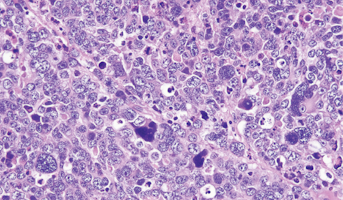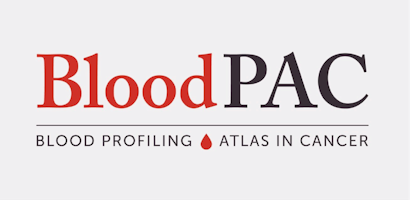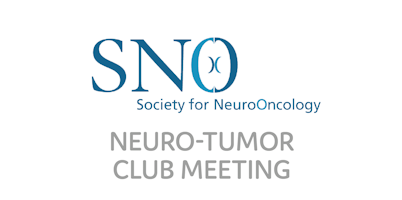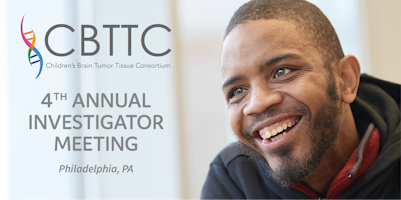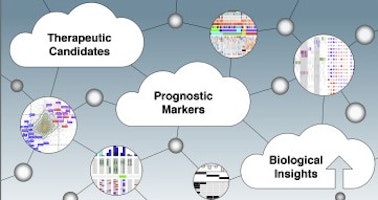Mateusz Koptyra
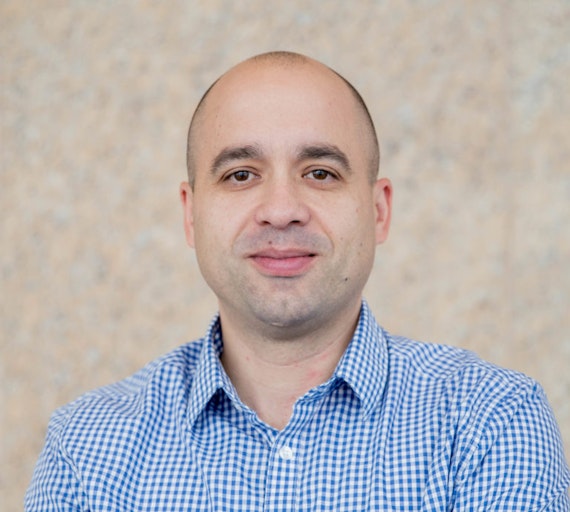
About
Lab Director
Center for Data Driven Discovery in Biomedicine
Dr. Mateusz Koptyra is a Senior Scientist responsible for initiation, coordination and implementation of scientific projects around the Center’s research units. His team identifies the research demands at the clinical level and creates pipelines for projects to test the research proposals at a pre-clinical level, with a primary focus on quality data generation in genomic, transcriptomic and proteomic tumor profiling for the biomarker search. Mateusz is also responsible for exploration and validation of the platforms to be utilized for Center’s pipelines, and improvements of sample collection, handling and storage methods to empower the Children’s Brain Tumor Tissue Consortium pipeline. His research focuses on non-invasive diagnostics in pediatric brain tumors, biomarker search, cell-free DNA/RNA, and extra-cellular vesicles, including the development of non-invasive medulloblastoma tumor profiling using circulating in blood tumor material (cell-free DNA).
Prior to joining CHOP in September of 2011, Mateusz worked as a research assistant to explore diagnostic utilities for breast cancer at the Center of Oncology in Warsaw, Poland. Additionally, he worked as a research scholar at Temple University where he studied mechanisms for therapy resistance to small molecule inhibitors in chronic myeloid leukemia, before completing a post-doctoral fellowship at Thomas Jefferson University to explore the role of Stat5 transcription factors in prostate cancer models.
Mateusz earned an MS degree from Warsaw University and completed his PhD from the Medical University of Warsaw in Warsaw, Poland. He is committed to empowering non-invasive diagnostics for pediatric brain tumors. He aims to bring a small chunk of meaningful quality research data which will lead to improvement in clinic for any child in need.

Children’s Hospital of Philadelphia
scientific
Projects

Data
Specimen
Planning
Proteomic Analysis of CBTN Cell Lines
Using cell lines provided by the Children’s Brain Tumor Network, researchers will attempt to build resources used to develop effective treatments and predict the treatment outcomes of pediatric brain tumor patients.
HGG, (AT/RT)

Roger Reddel

Specimen
Ongoing
Functional Dependency Mapping in Paediatric Brain Cancers
The treatment of pediatric high grade gliomas could be improved and enhanced with a deeper understanding of their genetic and molecular characteristics. Using specimens from the Children’s Brain Tumor Network, researchers are exploring new therapeutic opportunities for pHGG.

Ron Firestein

Specimen
Ongoing
Molecular Characterization of Pediatric Brain Tumor Subjects and Trios within the Pediatric Brain Tumor Atlas
We have not yet discovered why the vast majority of children develop brain cancer. Utilizing CBTN data and Kids First data resources, researchers at CBTN are working to answer questions about the cause of pediatric brain tumors.
All Brain Tumor Types
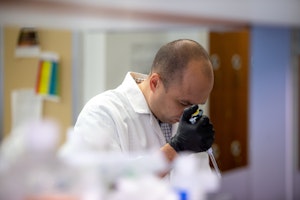
Specimen
Ongoing
Gene Expression Analysis Platform Evaluation for FFPE Specimen Material-Based Studies
Newly developed technology is advancing the ability of researchers to gain important insight from small clinical specimens.
Medulloblastoma, HGG

Mateusz Koptyra

Data
Specimen
Completed
Evaluation of Immunosignature Profile in Medulloblastoma
Medulloblastoma is a tumor with many subtypes and noninvasive diagnostic tools are needed to accelerate diagnosis. Using rare samples made available through the Children’s Brain Tumor Network, researchers will analyze the use of noninvasive methods for tumor classification.
Medulloblastoma

Mateusz Koptyra

Specimen
Ongoing
Pediatric Brain Tumor miRNA Profiling for the Cohort of Children’s Brain Tumor Network Specimens
Many pediatric brain tumors are unable to be removed in surgery, requiring the development of new effective therapies. Using RNA samples provided by CBTN, researchers are producing important characterization of the tumors and biomarker data to be used by researchers around the world in the pursuit of such new approaches.
Craniopharyngioma, Medulloblastoma, HGG, (AT/RT), LGG, Ependymoma, Ganglioglioma, DNET, Schwannoma

Mateusz Koptyra

Specimen
Ongoing
CBTN Cell Lines High-Throughput Drug Screening Study (NCATS)
A robust resource on the drug response across pediatric cancer types will be helpful to guide clinical decisions. Using samples provided by the Children’s Brain Tumor Network, researchers will create and share this important data resource.
(AT/RT)

Mateusz Koptyra
related
